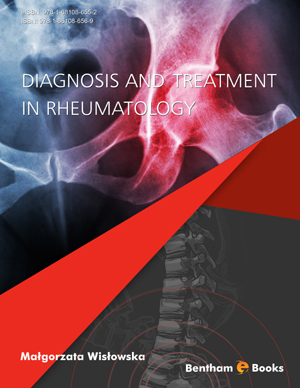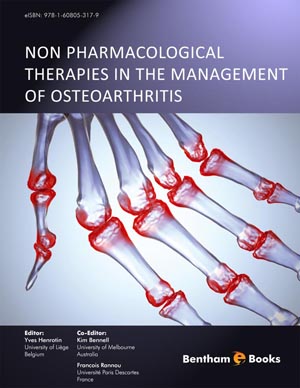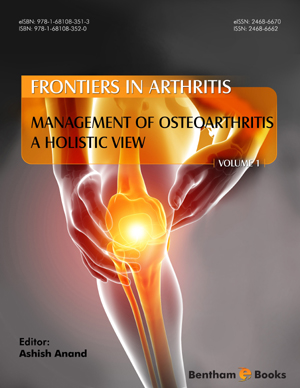Abstract
Rheumatoid arthritis is a chronic inflammatory condition that mainly affects
the joint due to hyperactive immune reactions. The disease involves each component of
the joint tissue with varying degrees of inflammation and destruction. The basic
pathogenesis includes two key points, i.e., hyperactive immune reaction and
inflammation. The phenomenon is driven by biomolecules which form a complex
pathophysiological network, resulting in disease development and progression. The
biomolecules like cytokines, such as interleukins, tumor necrosis factor-alpha, and
interferon, play a fundamental role in joint and cartilage destruction, production of
destructive enzymes, inflammatory reaction, and comorbidities related to the disease.
From various pre-clinical and clinical researches, various attributes of disease
development and progression can be demonstrated by focusing on the biological
contribution of mediators, like IL-1, TNF- α, IL-6, IL-15, IL-17, and IL-18. Numerous
reports confer the successful treatment of RA that might be possible by blocking the
activity of these biomarkers. In this chapter, we discuss the role of biomolecules in the
pathology of arthritis.
Keywords: Antigen-presenting cells, Autoimmune, Biomolecules, Biomarkers, Cartilage, Chemokines, Cytokines, Dendritic cells, Fibroblasts, Immune system, Inflammation, Interferons, Interleukins, Lymphocytes, Macrophages, Osteoclast, Rheumatoid arthritis, Synovial fluid, Synovitis, TNF-α.








